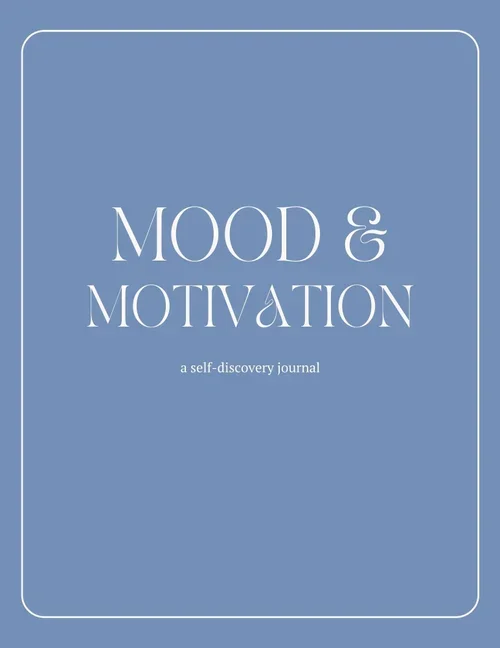Feeling Lazy or Just Unmotivated? How Discipline Helps You Move Forward
We’ve all felt that rush of motivation. When you’re excited to start something new, full of ideas and energy. It feels endless and full of possibilities. But then real life hits: the early mornings, the frustratingly slow progress, or the constant off days. Suddenly that spark starts to fade and you feel stuck.
You might even think, “Why do I have no motivation to do anything? Am I just lazy?” No, you’re not lazy. And it doesn’t mean you’ve lost your purpose. You’re human. Motivation comes and goes, and that’s completely normal.
That’s where discipline comes in. Discipline isn’t about being perfect or strict. It’s about showing up even when the excitement fades. It’s where real progress is made even when it doesn’t feel like it. Discipline keeps you consistent and helps you build the life you actually want.
Motivation Gets You Started
Motivation feels amazing because it’s emotional. It pushes you to take that first step, whether that’s signing up for the class, starting the project, or finally focusing on your mental health.
But motivation is like a wave. It rises and falls depending on your mood, your energy, or even the weather. You can’t rely on it to always be there. And that’s okay! It doesn’t mean you’ll lack motivation forever.
It just means you need another tool to lean on when that feeling fades.
Discipline Keeps You Moving
Discipline is what turns small actions into habits. It’s what helps you keep showing up for yourself when no one’s watching. Or when you don’t even feel like it.
You don’t need to feel motivated to take a step forward. You just need to decide to. Even if you haven’t figured it all out yet. Even if you don’t know what exactly you’re doing.
That’s the power of discipline. It teaches you to follow through even on the days you’d rather quit, and that consistency builds confidence and momentum over time. It's what helps you move past that “lazy vs unmotivated” feeling.
Discipline doesn’t rely on emotion, it relies on intention.
How Discipline and Motivation Work Together
You actually need both. One is not better than the other, it just depends how much importance you place in each.
When you have discipline, your habits support you on the days you’re not feeling inspired. And when motivation comes back (because it always does), you’re already in motion. Ready to make the most of it.
They balance each other out for when your dreams need direction and action.
Building Discipline (Without Burning Out)
Start small, it’s okay to take it slow and figure things out day by day. Discipline doesn’t mean pushing yourself to exhaustion. It means choosing consistency over intensity.
Set Small Daily Goals
Something you can actually stick to. For example, if you’re trying to journal more, start with one sentence a day. Let it flow from there and naturally weave it into your routine.
Create Routines
Make your actions automatic. Try making a to-do list. Ask yourself: What’s one small thing I can accomplish today? (Getting out of bed counts too, it’s an achievement!)
Reward Yourself
You are allowed to celebrate small wins. Maybe you finished a task earlier than expected. Treat yourself to your favorite drink or take the rest of the day off. Discipline isn’t meant to be a punishment.
Give Yourself Grace
Missing a day isn’t failure, it’s part of the process. We all need time to rest. It’s okay to pause and try again later.
Kick-start your motivation and further discover yourself with the Mood & Motivation Journal.
You Don’t Have to Feel Motivated Every Day
You just have to keep showing up. That’s what turns dreams into reality.
Discipline is self-respect in action. It’s proof that you believe in your future enough to take care of it today. Motivation might come and go, but discipline is what makes sure you never stop moving forward.
And remember, if you’re feeling stuck or unmotivated, it doesn’t mean something’s wrong with you. You’re not lazy. You’re human.
Always be kind to yourself.
*I can only speak from my own mental health journey, everyone copes differently. However, I’ve found it most helpful to stay consistent in recognizing my own needs. I’ve written several other posts with some helpful tips for alleviating your struggles.
MORE MENTAL HEALTH ARTICLES:
Practical Strategies to Overcome Procrastination and Boost Motivation
The Difference Between Laziness, Lack of Motivation, and Depression


